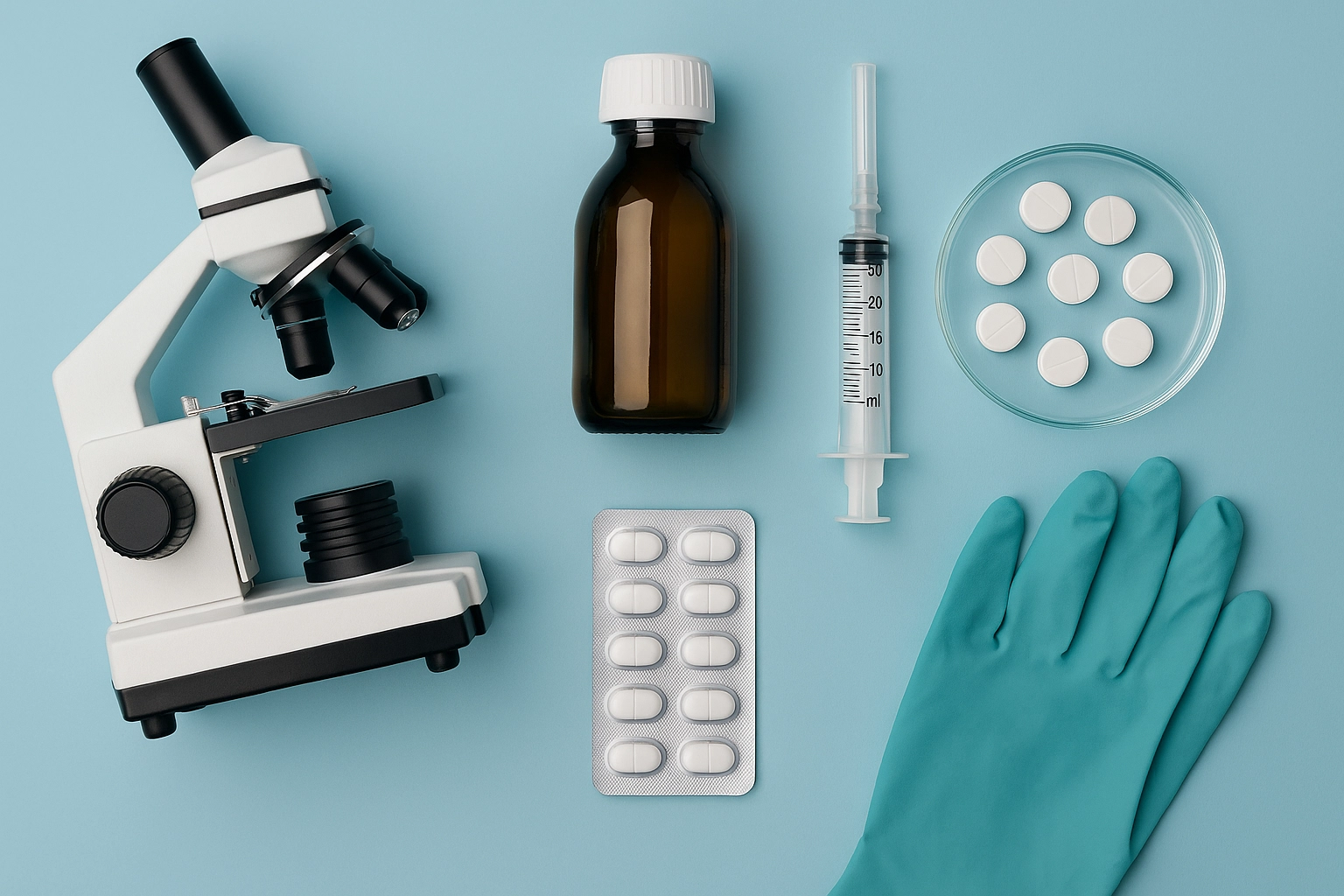Pharmaceutical Testing
The pharmaceutical industry is a global leader in innovation and development. Ensuring that medicines are safe, effective, and of high quality is paramount to patient health and satisfaction. Pharmaceutical testing plays a critical role in this process by verifying the purity, strength, and stability of drug products.
Pharmaceutical Testing encompasses various analyses conducted on raw materials, intermediate products, finished goods, and packaging materials. Compliance with regulatory standards ensures that medicines meet quality specifications and are safe for human consumption. This testing is governed by numerous international standards such as the US Pharmacopeia (USP), European Pharmacopoeia (EP), and International Conference on Harmonisation of Technical Requirements for Registration of Pharmaceuticals for Human Use (ICH).
One key aspect of pharmaceutical testing involves material identification, which ensures that the correct substance is present. This can be achieved through spectroscopic methods like infrared (IR) or nuclear magnetic resonance (NMR). Additionally, chromatography techniques such as high-performance liquid chromatography (HPLC) are used to separate and identify components within a mixture.
Another critical area focuses on the determination of impurities. The presence of unwanted substances can significantly impact the efficacy and safety profile of a drug product. Advanced analytical methods like mass spectrometry enable precise quantification and identification of trace impurities. Furthermore, stability testing is conducted to assess how well a drug maintains its chemical integrity over time under various environmental conditions.
Stability studies are essential for understanding the shelf life of pharmaceutical products. These tests involve exposing samples to different temperature, humidity, and light levels to monitor changes in their physical or chemical properties. By following guidelines such as ICH Q1A(R2), laboratories can provide reliable data on drug stability.
Microbiological testing is another crucial component of pharmaceutical quality assurance. It ensures that products are free from harmful microorganisms, including bacteria and fungi. Techniques like colony-forming unit (CFU) counts and antimicrobial susceptibility testing help ensure product safety and efficacy.
Pharmaceutical Testing also extends to ensuring proper formulation design through dissolution studies. These tests evaluate the rate at which active ingredients dissolve in an aqueous solution, providing insights into bioavailability and absorption characteristics.
In summary, pharmaceutical testing is a multifaceted process that encompasses analytical chemistry, microbiology, and biopharmaceutics. Its primary goal is to ensure product quality, compliance with regulatory requirements, and ultimately contribute to public health safety.
Why It Matters
The importance of pharmaceutical testing cannot be overstated in today’s highly regulated environment. Regulatory bodies such as the US Food and Drug Administration (FDA) and European Medicines Agency (EMA) enforce strict quality standards to protect consumers from potentially harmful products.
- Ensures Safety: By identifying impurities, assessing stability, and confirming proper formulation design, testing helps prevent adverse reactions.
- Guarantees Compliance: Adherence to international standards ensures that pharmaceuticals meet the expected quality specifications.
- Enhances Reputation: Consistent high-quality results boost brand reputation among stakeholders and the general public.
Benefits
Implementing robust pharmaceutical testing offers numerous advantages to both manufacturers and end-users:
- Enhanced Product Quality: Rigorous testing ensures that only the highest quality materials are used, leading to more reliable medications.
- Increased Consumer Trust: When products meet stringent standards, consumers have greater confidence in their safety and efficacy.
- Reduced Risk of Litigation: Compliance with regulations minimizes legal exposure for manufacturers.
Customer Impact and Satisfaction
Effective pharmaceutical testing directly impacts customer satisfaction by ensuring that medicines are safe, effective, and consistent in quality. Here’s how:
- Safety Assurance: Customers can rest assured knowing that their medications have been rigorously tested for impurities and microbial contamination.
- Efficacy Verification: Proper formulation design and dissolution studies help confirm that drugs will perform as intended.
- Consistent Quality: Through stability testing, customers receive products that remain effective over their shelf life.





